Understanding dashboard warning lights in your Ford E-Transit is essential for maintaining vehicle safety, as they alert you to potential issues that could lead to accidents or breakdowns if ignored.
These indicators help prevent costly repairs by prompting timely maintenance, ensuring the electric systems and other components function optimally. By recognizing and responding to these lights promptly, drivers can avoid roadside emergencies and extend the vehicle’s lifespan.
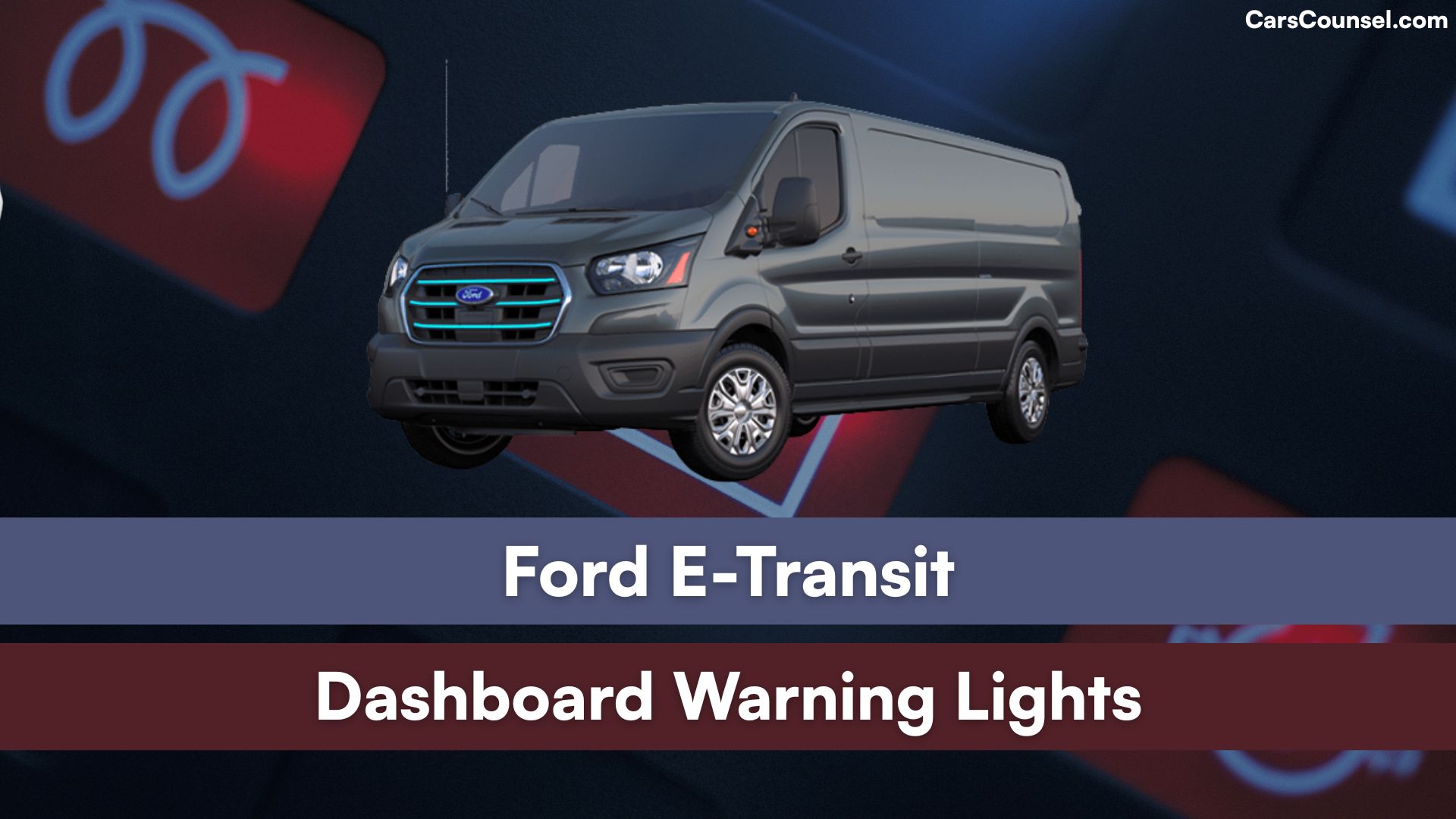
Quick Navigation
Red Warning Lights (Stop Immediately)
Brake System
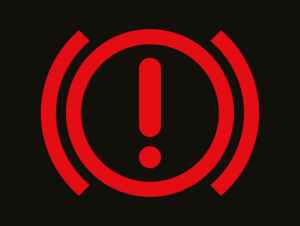
Indicates low brake fluid or a failure in the braking system. Stop the vehicle safely, check fluid levels, and contact a mechanic immediately to avoid reduced braking performance.
Engine or Motor Coolant Temperature
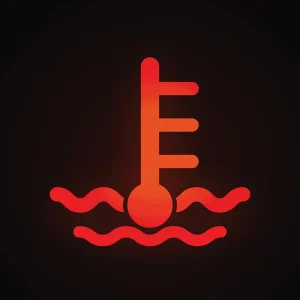
Signals high coolant temperature in the motor system. Pull over, turn off the vehicle, and allow it to cool before checking coolant levels or seeking service.
High Voltage Electric System Failure

Alerts to a fault in the high-voltage electrical components, risking shutdown. Stop driving right away and have the system inspected by a professional.
Seatbelt Reminder

Reminds occupants to fasten seatbelts with a flashing light or chime. Buckle up immediately for safety, as unbelted driving increases injury risk in collisions.
Door Ajar

Shows a door, hood, or trunk is not fully closed. Stop and secure all doors to prevent them from opening while driving.
Battery Charging System
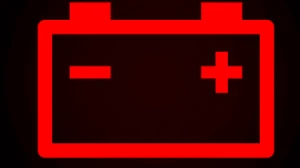
Indicates a problem with the battery or charging, leading to potential power loss. Stop the vehicle and get it checked to avoid stranding.
Engine Oil Pressure
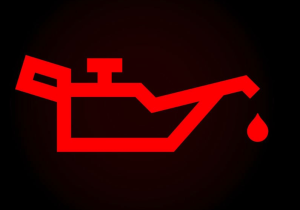
Warns of low oil pressure, which could cause overheating or damage (adapted for hybrid elements if present). Stop, check oil, and refrain from driving until fixed.
Front Airbag

Signals a malfunction in the airbag system. Stop and visit a service center, as airbags may not deploy in a crash.
Power Steering Trouble

Points to an issue with power steering assistance. Pull over, restart the vehicle, and seek help if the problem persists for safe handling.
Brake Fluid Low

Indicates insufficient brake fluid, risking brake failure. Stop immediately, top up fluid if possible, and consult a mechanic.
Transmission Fault

Alerts to a transmission problem that could cause erratic shifting. Stop driving and have it serviced to prevent further damage.
ABS Warning
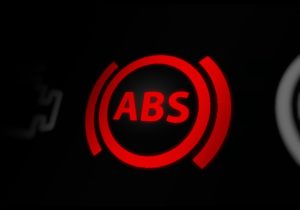
Shows anti-lock brake system failure, reducing braking control. Stop and get professional assistance right away.
Powertrain Fault

Indicates a serious issue in the powertrain, including electric drivetrain. Pull over safely and contact roadside help.
Overheating Alert

Warns of excessive heat in the electric motor or battery. Stop the vehicle, let it cool, and inspect for causes like blocked vents.
Emergency Brake Engaged
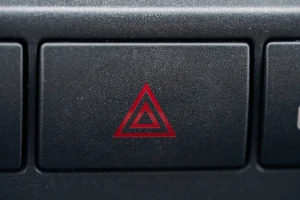
Signals the parking brake is on while moving. Release it immediately to avoid brake wear or overheating.
Yellow/Amber Warning Lights (Action Required Soon)
Check Engine or Powertrain
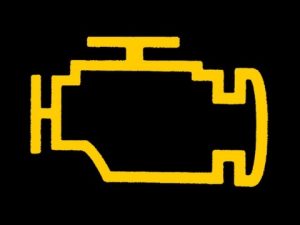
Signals a malfunction in the engine or electric powertrain, such as sensor issues. Drive cautiously and visit a service center soon to diagnose.
Tire Pressure Monitoring
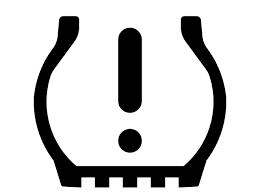
Indicates low tire pressure, affecting handling and fuel efficiency. Check and inflate tires to recommended levels promptly.
Stability Control (ESP)
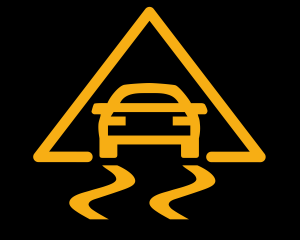
Shows a problem with electronic stability program, reducing traction aid. Drive carefully and get it serviced to avoid skids.
Low Beam Warning
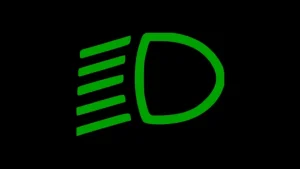
Indicates a faulty low beam headlight bulb. Replace the bulb soon for safe nighttime driving.
Transmission Temperature
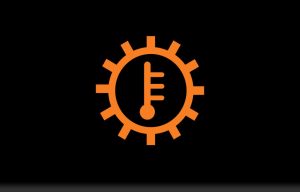
Warns of high transmission heat, risking damage. Allow cooling and have it inspected if it persists.
Brake Pad Wear

Indicates worn brake pads needing replacement. Schedule service soon to maintain stopping power.
DPF Filter (If Applicable)
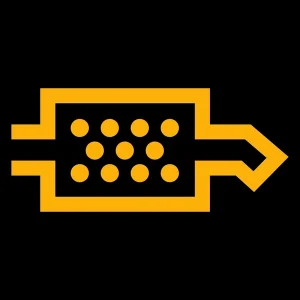
Alerts to a clogged diesel particulate filter in hybrid variants. Drive at higher speeds or seek cleaning to clear it.
Glow Plug (Diesel Models)

Indicates glow plug issues for cold starts in diesel-equipped versions. Wait for it to clear or get serviced.
Eco Mode Fault
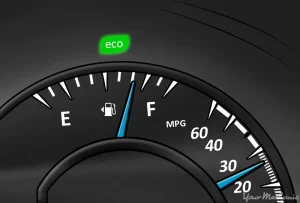
Signals a problem with eco driving mode efficiency. Switch modes and have it checked for optimal performance.
Green Information Lights (Information Only)
Direction Indicators
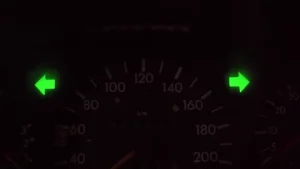
Flashes when turn signals are activated, showing direction intent. No action needed unless it fails to light.
High Beam Headlamps

Illuminates when high beams are on for better visibility. Switch to low beams when approaching other vehicles.
Front Fog Lamps

Shows front fog lights are active for poor weather. Turn off when conditions improve to avoid glare.
Hazard Flashers

Flashes when hazard lights are engaged for emergencies. Use to alert others and turn off when done.
Cruise Control
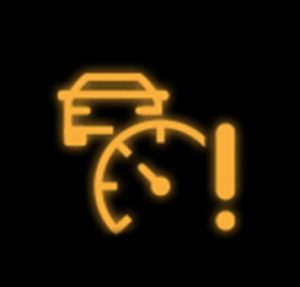
Illuminates when cruise control is set, maintaining speed. Adjust as needed for traffic.
Auto Hold
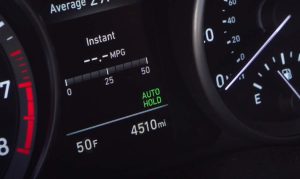
Shows auto hold is active, keeping the vehicle stopped. Press accelerator to release.
Normal Drive Mode
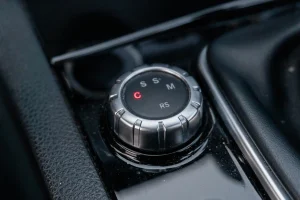
Indicates normal mode is engaged with default settings. Switch modes if desired.
Overdrive Off

Signals overdrive is disabled in transmission. Reactivate for better efficiency if appropriate.
Grade Assist
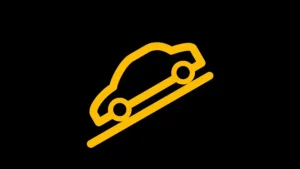
Lights when grade assist is on for hilly terrain. Use to control descent speed.
Message Indicator

Alerts to a new vehicle message. Check the display for details, no urgent action.
Headlamp Range Control

Indicates automatic headlamp adjustment is active. No action required.
When looking at Ford, make sure to check out our guides on models like the Ford Fusion, Ford Kuga, Ford F250, and Ford Windstar. Understanding dashboard warning lights is essential. Our expert reviews break down what each light means, highlighting common alerts for these models and what they could signal about underlying issues, so you’re never left guessing behind the wheel.

